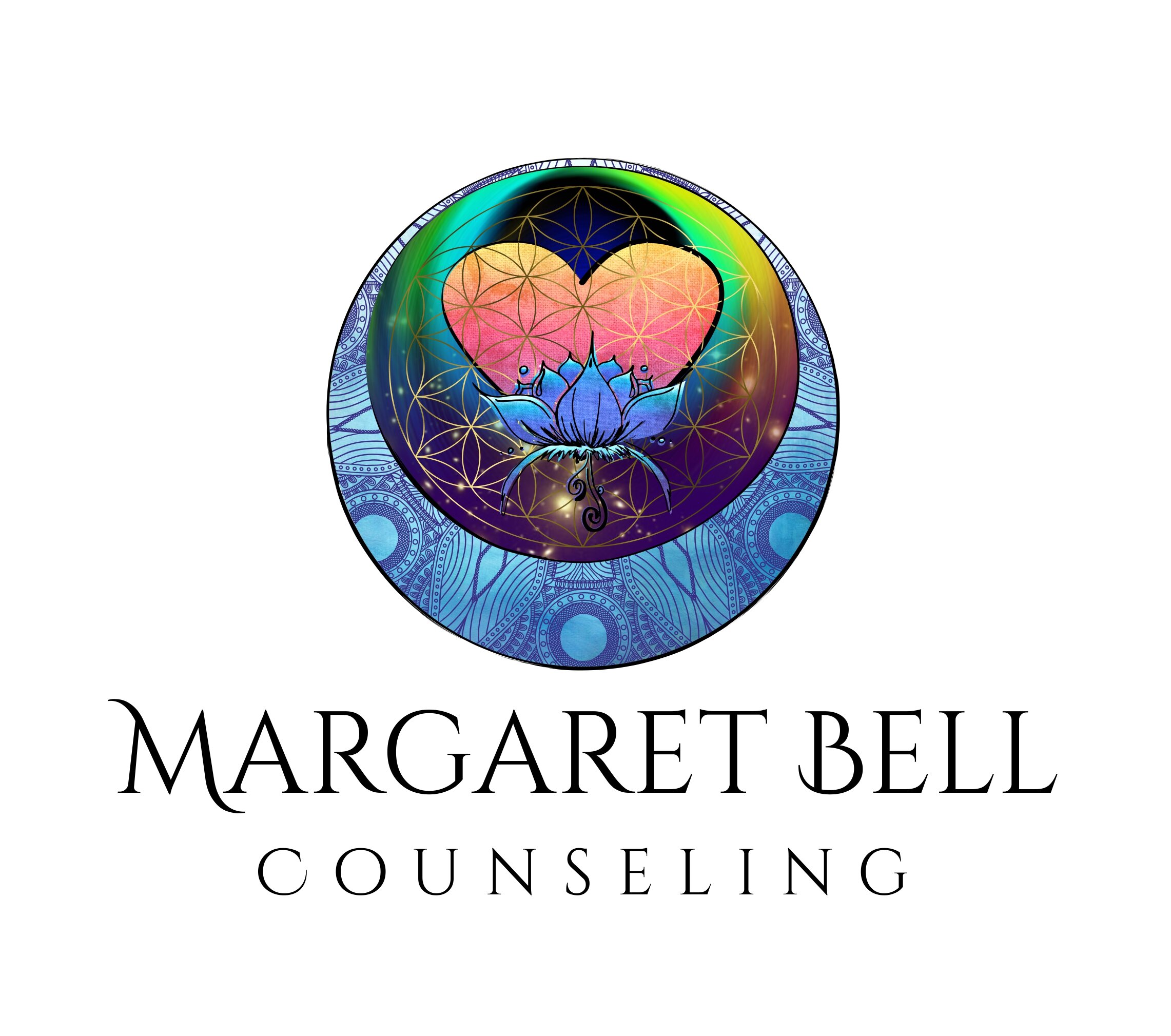How Selfishness Makes the World a Better Place
A quick and easy guide for empaths and those who feel deeply
Photo by Jakayla Toney on Unsplash
In a world that is crying for help, tending to yourself can feel selfish.
You feel the call to step up. A call to action. And yet, you feel lost, hopeless and guilty. Because no matter what, you feel like you just aren’t doing enough. You have been witnessing 2020 and feel caught in its storm. You want to be on the front lines. You want to advocate for change because you believe the world can be a better place. This is your mission in life. And yet, it’s just too much, so much is happening around you and you still have your life to tend and cultivate.
You feel it all whether you want to or not. And in feeling everything you are a natural healer. You are gifted in tending to everyone around you, but in doing so you often neglect yourself.
You feel locked in a struggle between taking care of yourself and the world, but there is another way.
We forget that collective trauma and grief are an invitation to mend our own wounds (add link). Being selfish has come to be judged as self-centered, ego-driven and narcissistic.
Let’s redefine this word. What if, instead, selfish was the ability to tend to yourself, to put yourself first, so you can better tend to others?
Even before 2020 rocked the collective, empathic souls just like you were struggling to take care of themselves while also taking care of everyone else’s trauma, pain and needs. 2020 has magnified this, set fire to the plight of the empath.
As a therapist who serves highly empathic millennials, I witness the struggle daily. My deeply feeling empathic clients who walks through my door, exhausted, drained, depleted. They sit hunched in the chair across from me. Life drained from their face that is riddled with conflicting emotions.
They share with me all the ways they are stretched and pulled, with commitments, responsibilities and obligations. The duty to care for everyone in their life with no time for themselves. And now? With everything happening, they beat themselves up and question why they don't have the energy to show up for their community, family, friends, work and moreover the planet.
I explain that these things are impossible if they do not first put on their own oxygen mask.
Photo by Calle Macarone on Unsplash
The Oxygen Mask Theory
Remember when you get on a plane and they tell you to put your oxygen on before helping someone else?
If you don’t have your oxygen mask on first, every second you lose air, you also lose your ability to help others. When you have your oxygen mask on, you are able to help others because you are not restricted by what you lack.
We accept this as wise advice at 30,000 feet. But somehow we forget to do this in the rest of our lives.
You, the empath, see the struggle, feel the pain and are called to ease others’ suffering. So while you gasp for air, you run to put someone’s mask on first. You put yourself aside, further depleting yourself and hindering your work.
Here’s the truth: The world doesn’t need you broken, the world needs you whole and healed, It’s a lot harder to tend to someone else’s wounds when you haven’t tended to your own.
Putting yourself first is not selfish - it is vital!
Our superheroes aren’t superheroes because they are selfless, they are superheroes because they have mastered the art of being selfish so they can, when needed, be selfless. They put on their oxygen masks so that they can help everyone else put on theirs. We see this as selfless, missing that they put their mask on first.
You are a superhero.
So let's get those oxygen masks on.
4 ways to tend to your collective wounds (so you can help tend to the world).
Take time to ground yourself.
Bring yourself into your space. When we have experienced trauma, our emotional brain is on high alert, it’s ready to move into fight, flight or freeze. Looking around your space, brings you into your space and present time. Trauma does not know time. Orient yourself, look around, Don’t forget to look behind you, this helps your emotional brain settle down and move out of survival mode.
Feel into your feet. Truly feel into them, notice all the sensations. Do they feel warm, cool, sweating, soft, rough? Does one foot feel different than the other? How do your feet feel pressed against your shoe, floor or ground? If you are sitting, how do your sit bones feel?
Place your hand to your chest. Take a few deep breaths. Breath into the space below your belly button, feel this area expand. If you’d like, place your other hand on your belly. You can even rub your belly or chest. If you still feel unsettled, you can sing or repeat a mantra, such as “I am okay in this moment.”
Try this: Get your favorite drink. Invite your five senses, slowly moving through each. Notice the feel of the cup or glass in hand, the smell, is there a sound? What do you see and what do you taste?
Click here for a guided grounding exercise.
2. Create space for yourself to feel
When we are struggling, we might run from our feelings and they might even feel unsafe to express. Giving your feelings ways to express themselves is a lot like cleaning out a bag, a junk drawer, your closet. It releases and rejuvenates so that you can be your best you, live your fullest life. Moreover, you will feel energized and ready to conquer the world.
Express all the feelings that may arise (sadness, anger, despair, frustration, loneliness, joy, any and all of your feelings). Let them flow. Write. Paint. Draw. Speak. Dance. Meditate. Sleep. Run. Swim. Let your body, soul and mind process. It can be helpful to set aside a certain time daily or weekly. Remember, it’s important to ground yourself before you move into your feelings, our feelings can be unsettling and we can often feel ungrounded.
Create your feeling space. Where do you feel the safest? When we have experienced trauma, we do not feel safe. We start by finding a place we can relax, feel peaceful, and safer. Set the mood. Candles. Crystals. Lighting. Music. A favorite sweater, socks, drink, smells. Comfort items. It can be as simple as lighting a candle before journaling. Or smelling a favorite smell before yoga. Playing your favorite music while drawing/painting.
If you are having a hard time, you can take a piece of yarn and create a safe circle around yourself.
Schedule a time in your calendar when you will sit with your feelings. You can set a time to journal, paint, dance, do yoga. In this space, notice what arises. Don’t censor let it flow. If at any time it feels too much, stop and ground yourself.
Try this: Grab your journal, or your computer, even your phone will work. Do a grounding meditation, set a timer for 10 minutes and let the emotions start to flow. Even if nothing comes, write about that. Write about your day and all the feelings that you felt, how you know you felt them and where you felt them.
3. Take care of yourself.
Get enough sleep.
Eat foods that nourish your body.
Exercise.
You are an amazing advocate and tending to you makes sure when you are ready to jump in, you are ready!
Think about it. When do you do your best work? When you are run down, tired and sick? Or when you are well rested, well fed and feeling your best? You are human and we all need time to rest, recuperate and rejuvenate. There is nothing selfish in making sure you are operating and your maximum potential.
Try this: Pick one and create a goal. It doesn’t have to be big, in fact, the smaller the better. Smaller goals are easier to build off of. Maybe you will eat one piece of fruit a day, exercise for 5 minutes, Go to bed earlier.
4. Seek support.
Join a support group. Your friends are a wonderful place to share, so are professionals. Talk to a therapist, counselor, coach, or pastor. They bring an unbiased neutral ear, as well as, expertise to help you move through what you are experiencing.
Check out:
Facebook, meetup or eventbrite for group support. Look for a support group or a group of like minded people with shared interests and shared lived experiences.
For therapy go to:
If money is tight:
Be a Badass Superhero
Who is a badass in your world? Who comes to mind as that person who is selfish (put themselves first so they can care for others)? Who cares for themselves unapologetically? You know them, they are a boss in everything they do. They own it. Now, channel them. Feel what it is like to be them. Because in truth, you are already them.
Dig Deeper.
Grab your journal, computer or phone. Just let yourself write. If your inner critic shows up (which they usually do) thank them, tell them that they are not needed here. Maybe, even offer them a cup of tea and cookie, and then get to work.
What do you think of when you hear the world is selfish?
How can you turn selfish into taking care of yourself first so you can be a badass superhero?
What would have to change for you to be a badass superhero?
Now, hope on Pinterest or grab some magazines. Create a visual representation of your badass superhero selfish self.
Reframing selfishness is one brave step.
When you tend to your empath wounds, you are able to tend to the wounds of others.
Putting on your oxygen mask is how you tend to your empathic wounds so you can tend to the collective wounds (learn more here).
Taking care of yourself first creates a new norm, a new standard, a new world view that says, I matter, I am important. It may feel counterintuitive at first, as culturally we have been programmed to put others first. We are taught that if we put ourselves first it is an act of self-centeredness. That we are selfish.
But you know better.
This belief no longer serves you or the greater good. You have to put yourself first, to be selfish by loving, tending and caring for yourself. This is necessary because you are powerful and here for a reason. We need you strong and ready for action. When you put yourself first, you give others permission to do the same.
As you put on your oxygen, remember your mantra:



